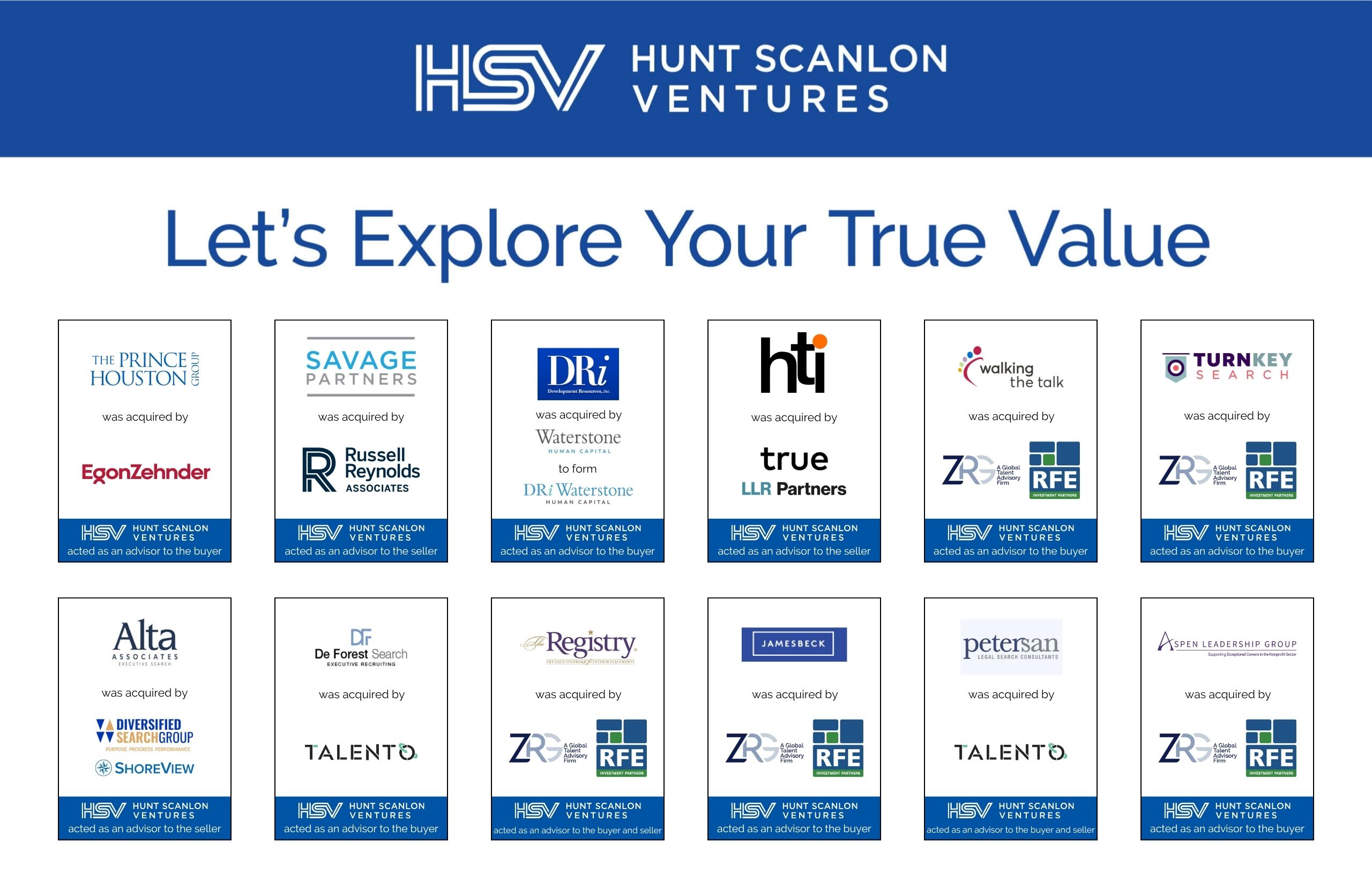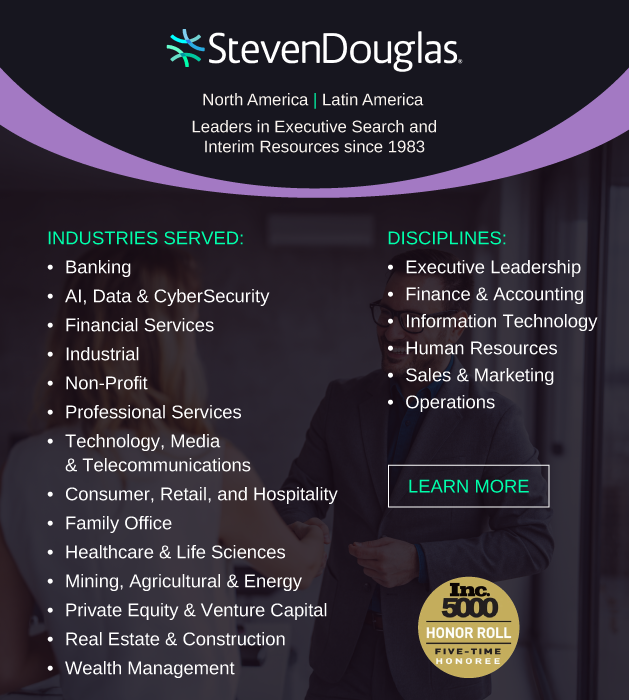In a newly-released report, What Happened to Big Deals?, Korn Ferry explores the state of M&A markets, and how firms are adapting to pursue growth. The first half of this year saw M&A activity in the U.S. experience a significant decline in dollar value, falling by 41% compared to the same period last year. However, the number of deals decreased by only 5%.
This trend reflects the wider global M&A landscape, where the dollar value of deals dropped by 38%, while deal volume decreased by just 9%. Although deals are moving forward, the blockbuster moves which anchor the total dollar value of M&A have slowed. And while the M&A environment showed signs of improvement in the second quarter, with a 22% increase in activity compared to the first quarter, uncertainties remain.
Alternative Growth Strategies
According to Korn Ferry, one of the world’s largest organizational consultancies, this decrease in M&A deals is prompting firms to explore alternative growth strategies. Companies are focusing on financial discipline, operational efficiency, and productivity improvements. They are also aiming to drive organic growth by retaining and motivating key talent and ensuring effective leadership.
According to Tammy Wang, vice president of data science and machine learning for Korn Ferry Digital, there’s another place firms can shift their focus to pursue growth. Wang notes the rise of generative AI as a clear opportunity. Instead of pursuing megadeals, some companies are considering incorporating AI throughout their operations.
“At a time when M&A has slowed, investment in AI tools may be the perfect redirection of funds that have already been earmarked to pursue growth.”
This shift towards AI may require reallocating capital that was previously earmarked for M&A. However, Mark Arian, CEO of Korn Ferry Consulting, observes in the same article, “There is a lot of money on the sidelines,” seemingly waiting to be deployed. At a time when M&A has slowed, investment in AI tools may be the perfect redirection of funds that have already been earmarked to pursue growth.
The relevancy of this potential reevaluation of growth strategy doesn’t seem lost on any with a tech background. In fact, the man charged with steering the tech strategy of one of Wall Street’s biggest firms is just as excited about the opportunities in AI as everyone else.
Marco Argenti, Goldman Sachs’ chief information officer, calls AI “probably one of the biggest revolutions or changes that I have ever seen.” In an interview with Yahoo Finance, Argenti goes on to say, “We believe that AI could be a profound disrupter not only of our industry, but all digital and all information and knowledge industries in general.”
Linking Talent to Value
In this new world of AI, “technology is no longer the back-office,” as Argenti puts it. Investing in AI tools is not only of interest, but of pique importance if one wishes to maintain any competitive advantage. The question then is how this technology can be applied to the human capital space where every talent decision can result in more value, higher growth, better results, and superior returns.
“Companies are focusing on financial discipline, operational efficiency, and productivity improvements. They are also aiming to drive organic growth by retaining and motivating key talent and ensuring effective leadership.”
In a recent episode of the McKinsey Talks Talent podcast titled Generative AI and the Future of HR, Bryan Hancock and Bill Schaninger spoke with McKinsey Technology Council chair Lareina Yee and global editorial director Lucia Rahilly. In their conversation they covered many of the use cases for AI in HR, where firms may want to divert funds to develop tools.
In their discussion the group mentioned the effect this technology is having on recruiting. Generative AI is poised to reshape recruiting in two keyways. First, it can assist in crafting better job requirements by identifying the necessary skills, enhancing both the speed and quality of placements. Second, it enables personalized interactions with candidates, making the application process more tailored and efficient.
Many RPO providers have already ramped up their investment developing these AI tools. Firms operating an RPO division may find themselves forced into a defensively acquisitive stance if they don’t invest in these tools now.
Generative AI can additionally shift the focus in recruiting from credentials like college degrees to a candidate’s actual skills. It excels at sifting through huge amounts of unstructured data. This will allow recruiters to identify specific capabilities and skills without fixating on traditional qualifications. This will lead to better placements where candidates are more suited to the work, rather than being placed for having gone to the best school.
While generative AI won’t replace the human touch in reviewing the skills and capabilities of workers, it can simplify the process by providing initial drafts of evaluations. This will help evaluators get a head start on their assessments, enhancing productivity and allowing for deeper conversations during the review process.
It seems clear that the leadership within firms have a significant role to play in modernizing their organizations and ensuring that generative AI becomes a tool for growth. If leaders refuse to invest in this groundbreaking technology, their firms will be left behind, while leaders who use the current decline in M&A as an opportunity to pivot and invest in generative AI will likely see great exponential returns.
Article By

Caleb Edmundson
Caleb A. Edmundson is Editor-in-Chief of ExitUp, the investment blog from Hunt Scanlon Ventures designed for professionals across the human capital M&A sector. Caleb serves as an Associate for Hunt Scanlon Ventures, providing robust industry research to support the firm’s investment group. Connect with Caleb.






